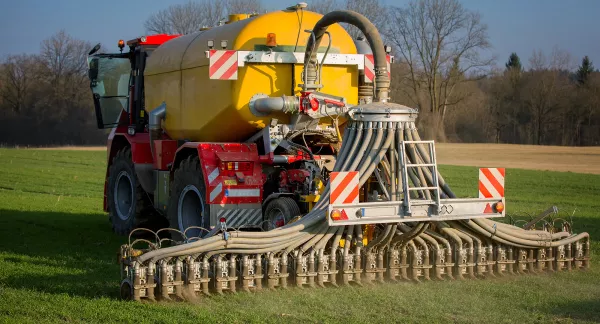Linking Nutrient Reductions to Receiving Water Responses
Project Highlights
While the water sector has made significant investments in nutrient control, there is a need for increased availability of data and information on effective practices, expanded engagement with key stakeholders, and additional mechanistic understanding of linkages between management practices and...
